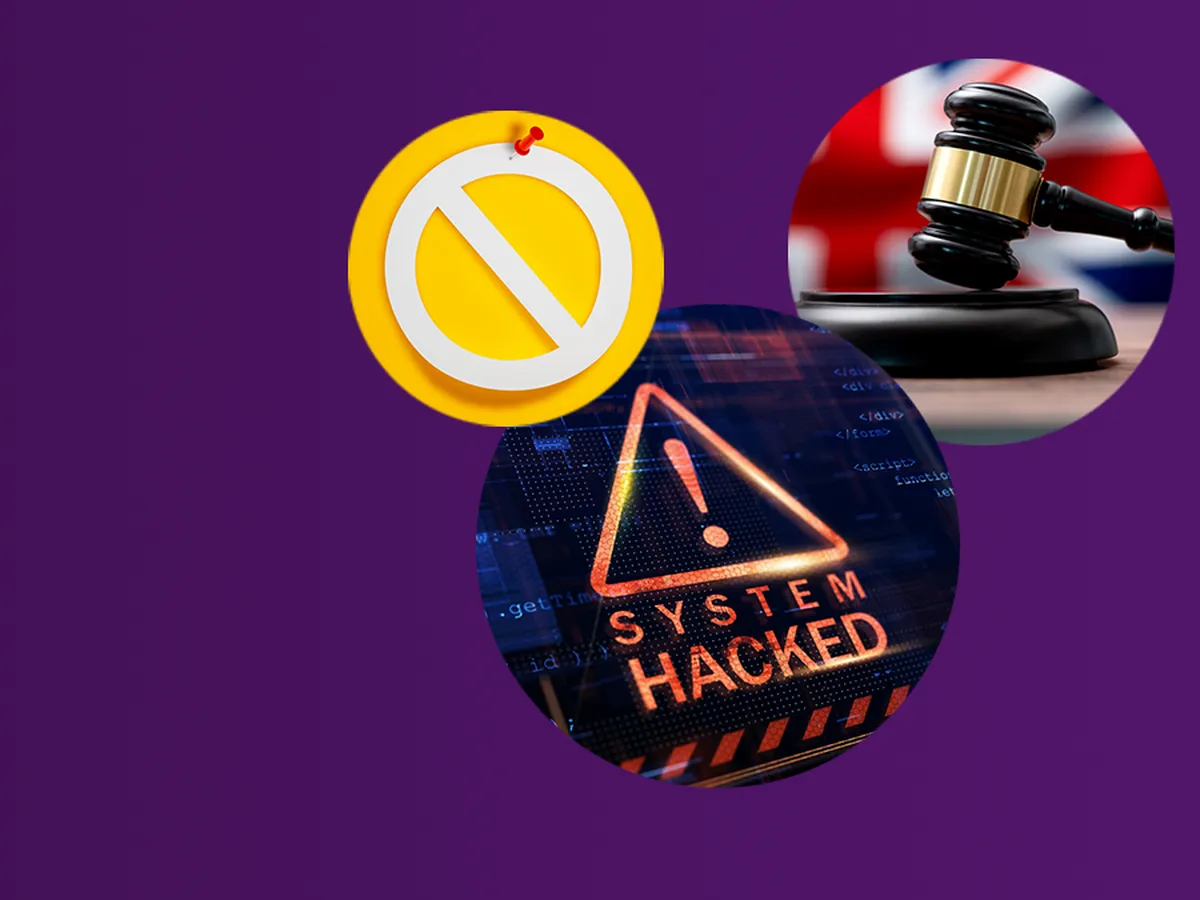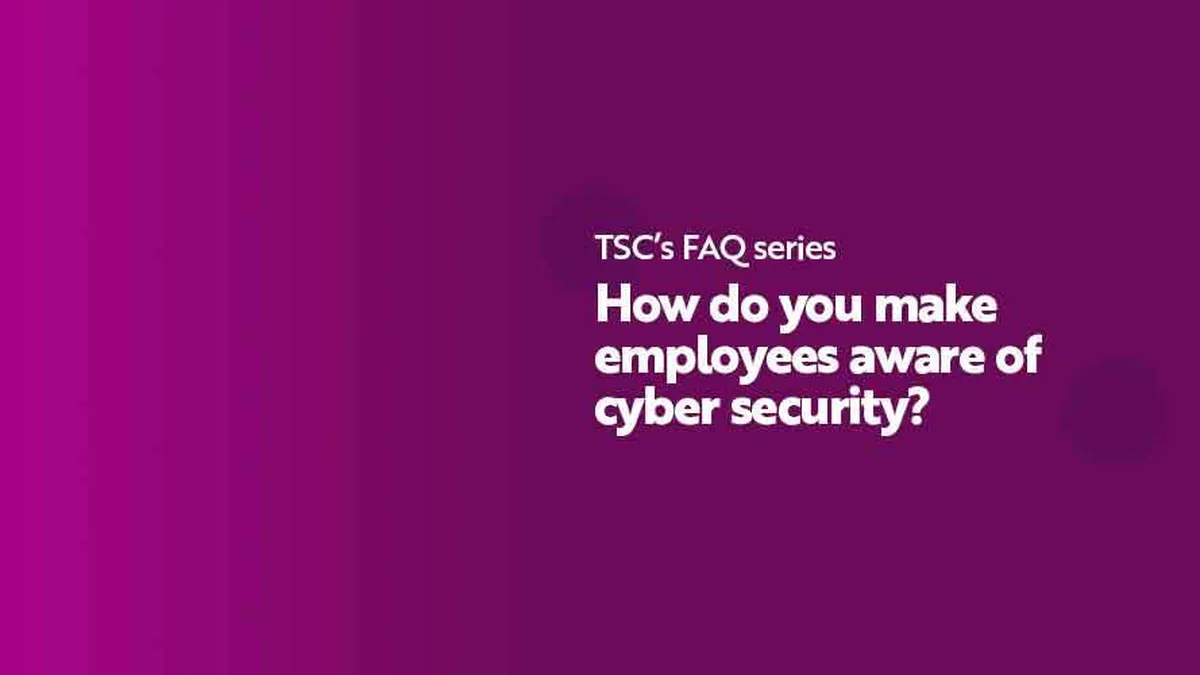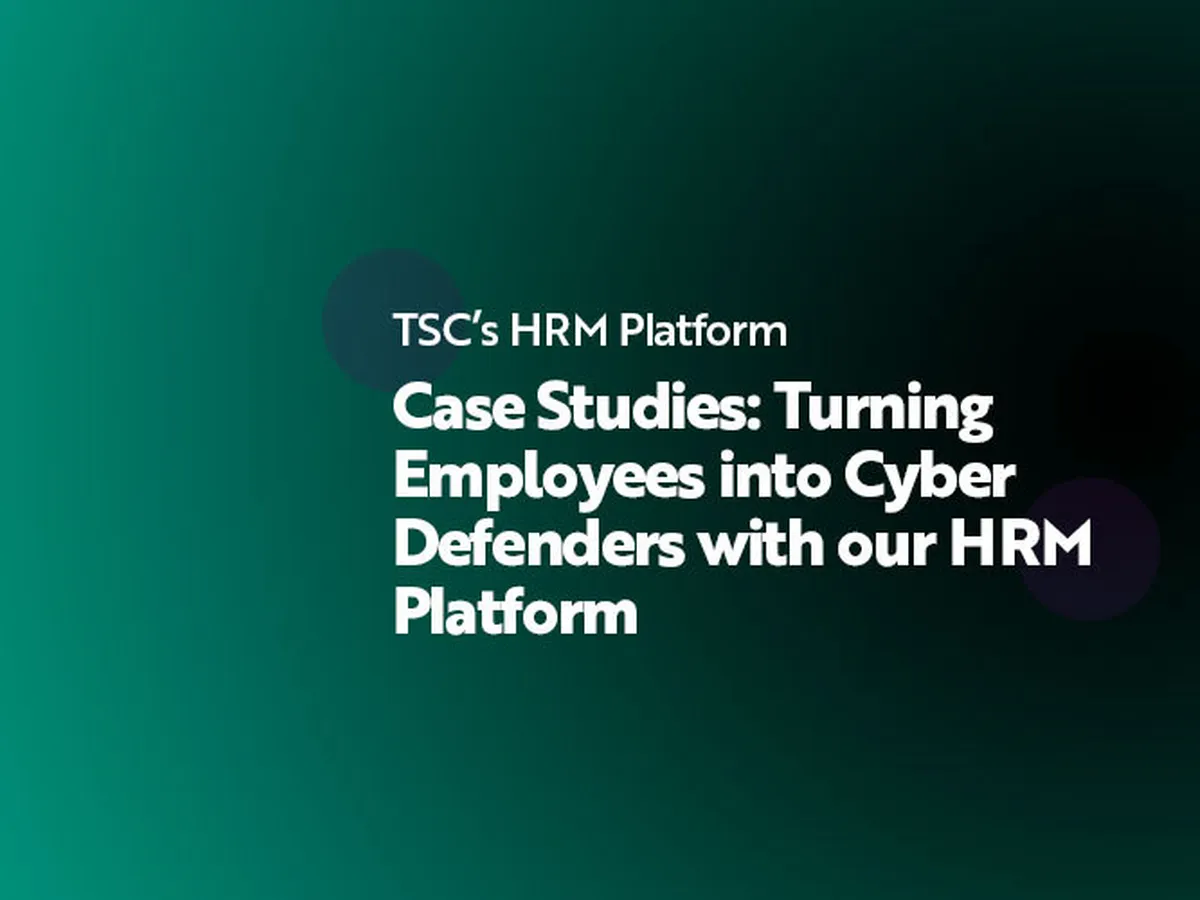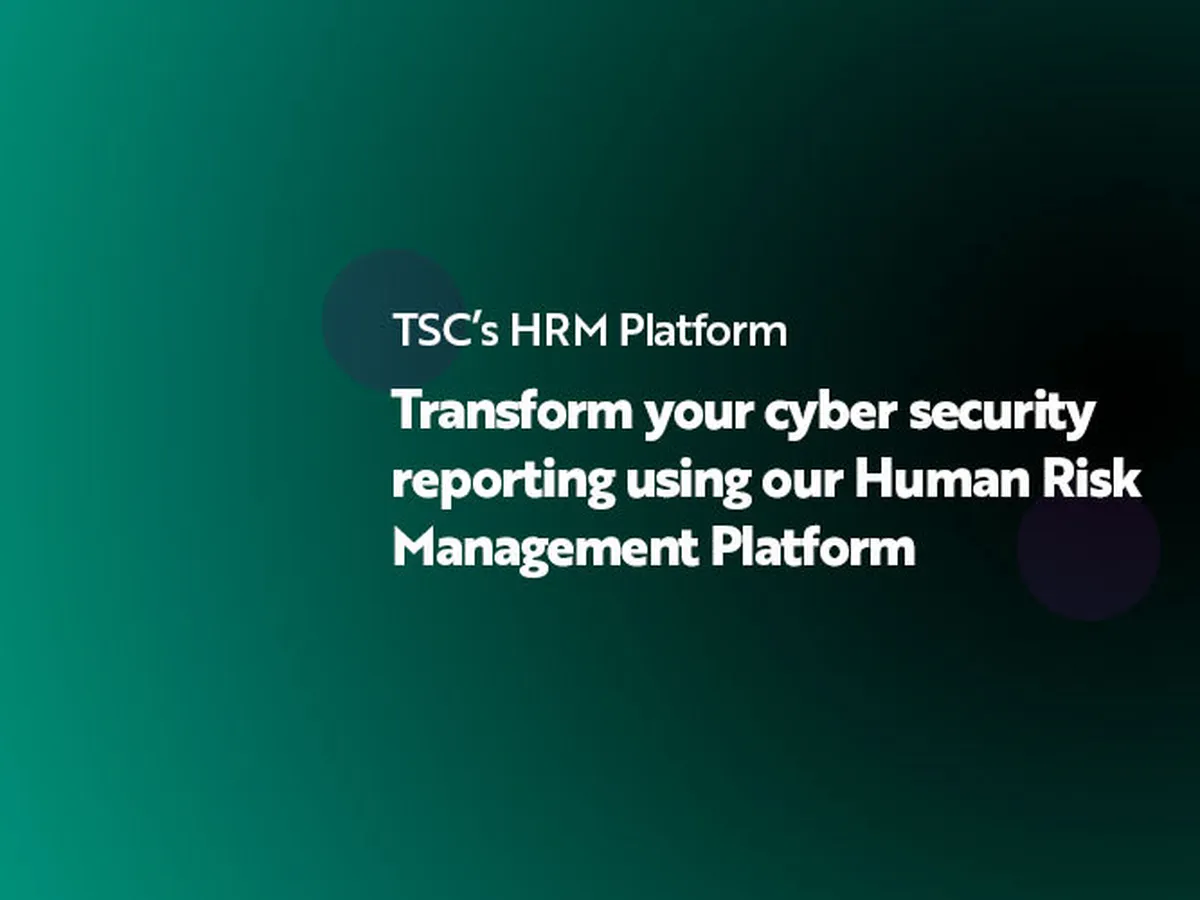If you are a Data Protection Officer (DPO), a Chief Information Security Officers (CISO), a Senior Responsible Individual (SRI) or a security decision maker in general, one of your role’s biggest responsibilities is fostering a well-informed and vigilant workforce.
In this blog post, we will explore effective strategies and techniques to educate your employees about cyber security and awareness, while drawing insights from behavioural theories and emphasising the significance of regulatory compliance – a key point that can be leveraged to ensure the education of employees on cyber threats and risks.
Before delving into the "how," let us understand the "why." Educating employees about cyber security and awareness is not just a best practice; it is a legal obligation under various data protection and information security regulations:
- GDPR: If you are operating in the EU or are handling data attached to clients operating in the EU, you must adhere to The General Data Protection Regulation (GDPR). Article 39 of the GDPR mandates that organisations must provide training to personnel involved in processing personal data. If you fail to follow this regulation, then you can be charged with large fines and even larger financial ramifications in the case of damaging breaches.
- UK Data Protection and Digital Information Bill 2022-23: After leaving the EU, the UK government introduced The UK Data Protection and Digital Information Bill 2022-23. Swapping out requirements for a DPO with a role called Senior Responsible Individual (SRI), the new Bill does make some changes but is aligned with the GDPR in underscoring the need for employee training to ensure the security of personal data.
- HIPAA: US Data Security Regulations: In the United States, data security regulations such as HIPAA and the Gramm-Leach-Bliley Act highlight the necessity of training employees to safeguard sensitive information.
- Tailored training: Customise training programs to cater to different employee roles and levels of technical knowledge. A one-size-fits-all approach will not resonate with everyone. Consider providing basic cyber security awareness training for all employees that covers common cyber threats and risks but also consider tailored training. How? You could offer the option of completing training in another, more accessible, language. You could work with a training partner like TSC to create training materials from the ground up, producing a bespoke solution that aligns with your organisation’s brand, tone of voice and visuals.
- Gamification and simulations: Engage employees through real-world simulations, examples, and scenarios. Phishing games, where employees receive mock phishing emails and are tested with potential scenarios they may encounter in the workplace, can help them identify potential threats and practice safe email behaviour. Or, if your employees use virtual technology in their capacity, they could be assigned to our ‘Virtual Reality Check VR (Virtual Reality) Game’ which simulates a metaverse-like environment and drops your employees into a platform where they can make cyber mistakes and learn from them. Hands-on experience like these makes lessons more memorable, increasing information retention.
- Utilise behavioural theories: Leverage behavioural theories to design effective training. As an organisation that prides itself on behavioural science, we have been using models such as COM-B and our behaviour change wheel to help organisations to transform their security culture. You can use these behavioural theories to emphasise the real-world consequences of cyber-attacks and highlight the benefits of adopting secure behaviours.
- Interactive workshops and webinars: Host interactive workshops and webinars that encourage active participation and knowledge sharing. You must keep in mind that employees will learn differently; those that fail to retain eLearning information, might be better served in interactive workshops and team activities. Furthermore, these sessions can provide a platform for employees to ask questions, discuss concerns, and learn from each other's experiences. It is a safe space for them to learn about cyber security and the risks they face.
- Role of leadership and management: Leadership commitment sets the tone for employee education, every time. When top executives prioritise cyber security and actively participate in training, it sends a powerful message throughout the organisation that security is a shared responsibility. Executive and board member buy-in is key to the greater journey towards a secure culture.
Employee education goes beyond legal compliance. It empowers your workforce to become active defenders against cyber threats. Consider these additional benefits:
- Reduced risks: Well-informed employees are less likely to fall victim to phishing attacks and other cyber threats, minimising the risk of data breaches. Whilst you will frame this as keeping your organisation secure, you can also frame cyber security awareness and training as personal development for your employees. After all, the knowledge and advice you are providing is still relevant outside of the workforce and valuable information for anyone operating in this digital age.
- Culture of vigilance: Regular education, backed up by consistent communication and awareness materials, fosters a culture of vigilance, where security-conscious behaviours become second nature to employees. Before long, your employees will not even realise that the security behaviours you want to see are a part of their day-to-day behaviours. However, you must not rest. Consistent, comprehensive, and updated materials and training will sustain this culture of vigilance.
- Regulatory compliance: Meeting regulatory requirements ensures that your organisation is on the right side of the law, avoiding potential fines and legal repercussions.
How often should employee training be conducted?
Regular training sessions are essential – you cannot regulate employee cyber security training to once a year. Consider conducting basic cyber security awareness training bi-annually and providing more specialised training to relevant teams as new threats emerge and key dates pop up on the calendar. Use the monthly cycle to rotate through a variety of risks and threats and updating employees on what they need to know – this way, the training will feel fresh and lively.
Can training prevent all cyber incidents?
While training greatly reduces the risk of incidents, it cannot prevent all cyber threats. A layered approach, combining education, technology, and policy enforcement, is ideal. However, training will prevent you from facing hefty fines for not following official protocols and regulations.
How can I measure the effectiveness of employee education?
Assessing employee behaviour change and the reduction in security incidents can gauge the effectiveness of education efforts and should also be done regularly. Conduct periodic assessments and track bespoke, company-specific, metrics to inform how your training and awareness campaigns will need to change and what your actual risks are. We understand the value of organisational self-reflection; as a result, we offer our Security Awareness and Behaviour Research (SABR) tool to clients to gauge employee behaviours using an incredibly detailed survey and analysis tool.
Educating employees about cyber security and awareness is an essential investment in your organisation's digital resilience.
By tailoring training, leveraging behavioural theories in your thinking, and emphasising board buy-in, you can cultivate a security-conscious culture that safeguards sensitive information.
Remember, employee education not only aligns with regulatory mandates but also reinforces the principle that cyber security is a shared responsibility across your organisation.
If you would like information about how The Security Company can help you to formulate a cyber security training and awareness program for your organisation or if you would like a demo of our SABR tool ... please contact our Head of Business Development and Sales, Jenny Mandley.
The Security Company's vast library of customised and non-customised products and services are tailored for small, medium and large organisations and are available in a variety of languages. We also offer bespoke solutions for organisations that desire training and awareness materials built from the ground up.
Cyber security and awareness content creator focused on emerging threats and the next wave of cyber security risks like AI, deepfakes and tech 4.0 initiatives in order to build towards a more secure organisational culture.
View Profile







